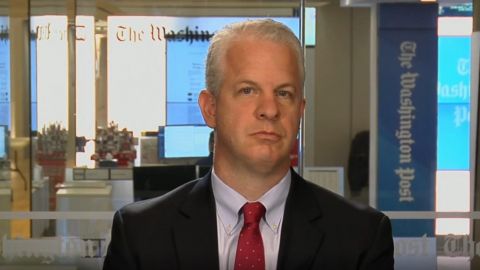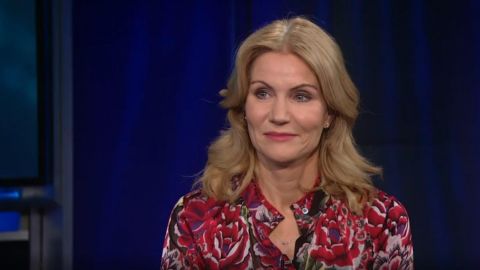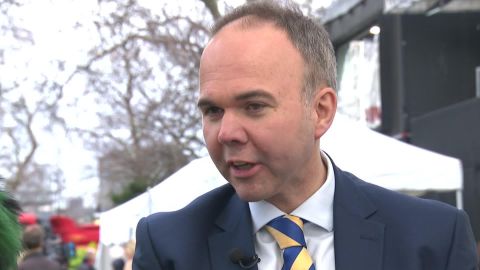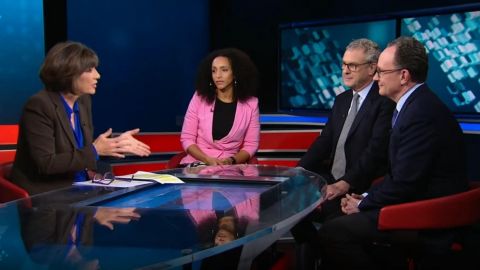Read Transcript EXPAND
CHRISTIANE AMANPOUR: So, I guess I’m just going to go around the table and ask you what is your reaction to what happened. And to just have — let’s just put it out there, the polls were right. Were you none the less surprised, Afua Hirsch?
AFUA HIRSCH, COMMENTATOR AND AUTHOR, “BRIT(ISH)”: I was especially surprised partly because we cannot rely on the polls in this country. We knew this was going to be a highly unpredictable election. I think that’s one — maybe the only thing on which everyone agreed. I thought we would have a hung Parliament. I massive under estimated the level of support for the Conservatives, especially in places where people will tell you it’s almost in their DNA not to vote Conservative. And this feels, in some ways, like a country that has taken a decisive step but it doesn’t so feel as split as ever. If you look at the Metropolitan census, those were the places that retained their Labour stronghold. So, the divide between a city like London and the more form industrialized north now seems greater than ever. So, it’s really a lot to take it and it feels as if the divisions in our country have, if anything, been solidified by this election result. So, Mark Landler, let me ask you because this — some people say, well, it’s very America, the divisions in the country is solidified. Although, you saw Boris Johnson saying, now, there must be closure, there must be healing. And he seemed, according to some analyst, to be tacking more moderate, tacking more to the center. Do you think that? And what do you think the U.S. might take away from this?
MARK LANDLER, LONDON BUREAU CHIEF, NEW YORK TIMES: Well, I agree with people that say that Boris Johnson is not an insurgent in the same that Donald Trump was. Donald Trump, when he was elected, was every bit as radical as everyone thought he would be in terms of how he governed. I think in terms of how Boris Johnson will govern, from the perspective of domestic policy, government spending, I think he probably will try to tack toward the center and he was clearly making an appeal for unity in his remarks today. I think where things get tricky is in the issue of Brexit. What kind of Brexit does he negotiate? His instinct might be to go for a softer Brexit in part because he has inside his party all of these working class former Labour voters from the midlands and north. I think the problem is he’s going to find he’s a bit hemmed in because a softer Brexit implies all kinds of concessions on Britain’s part in the negotiations with the European Union. I think he might find that difficult to do. He’s also made a series of promises in the course of this campaign about not extending the negotiating period beyond 2020. So, I think there will be a series of difficult decisions he’ll come up against fairly soon.
AMANPOUR: Well, and we’re going to get that viewed later in the program from the former Danish prime minister. But as to the Get Brexit Done, Simon Fraser, and you were, as I said, head of the British Foreign Office.
SIMON FRASER, FORMER HEAD, U.K. FOREIGN OFFICE: Yes.
AMANPOUR: It’s not really. I mean, this election is not getting Brexit done. Yes, the divorce deal. Yes, he has a majority that will force through his deal.
FRASER: Yes.
AMANPOUR: But what then, you know, as Mark alluded to? What happens next?
FRASER: Well, I mean, I think you have to say it is a really important moment of Brexit. It’s not getting Brexit done
About This Episode EXPAND
A comprehensive analysis of the U.K. election and Brexit, with input from Mark Landler, Afua Hirsch, Simon Fraser, Gavin Barwell and Helle Thorning-Schmidt. Plus, Craig Whitlock discusses his investigation into the war in Afghanistan for the Washington Post.
LEARN MORE



